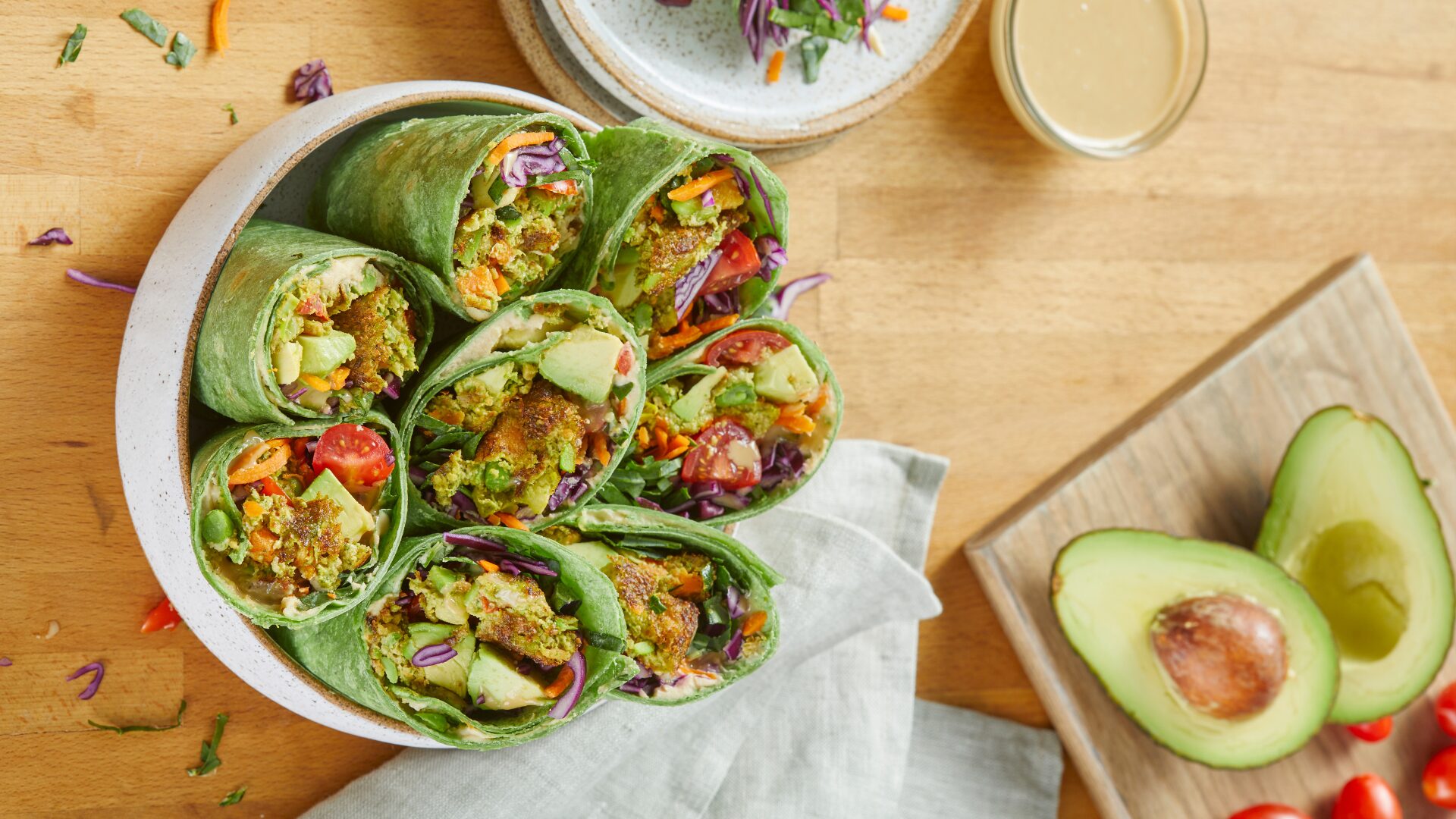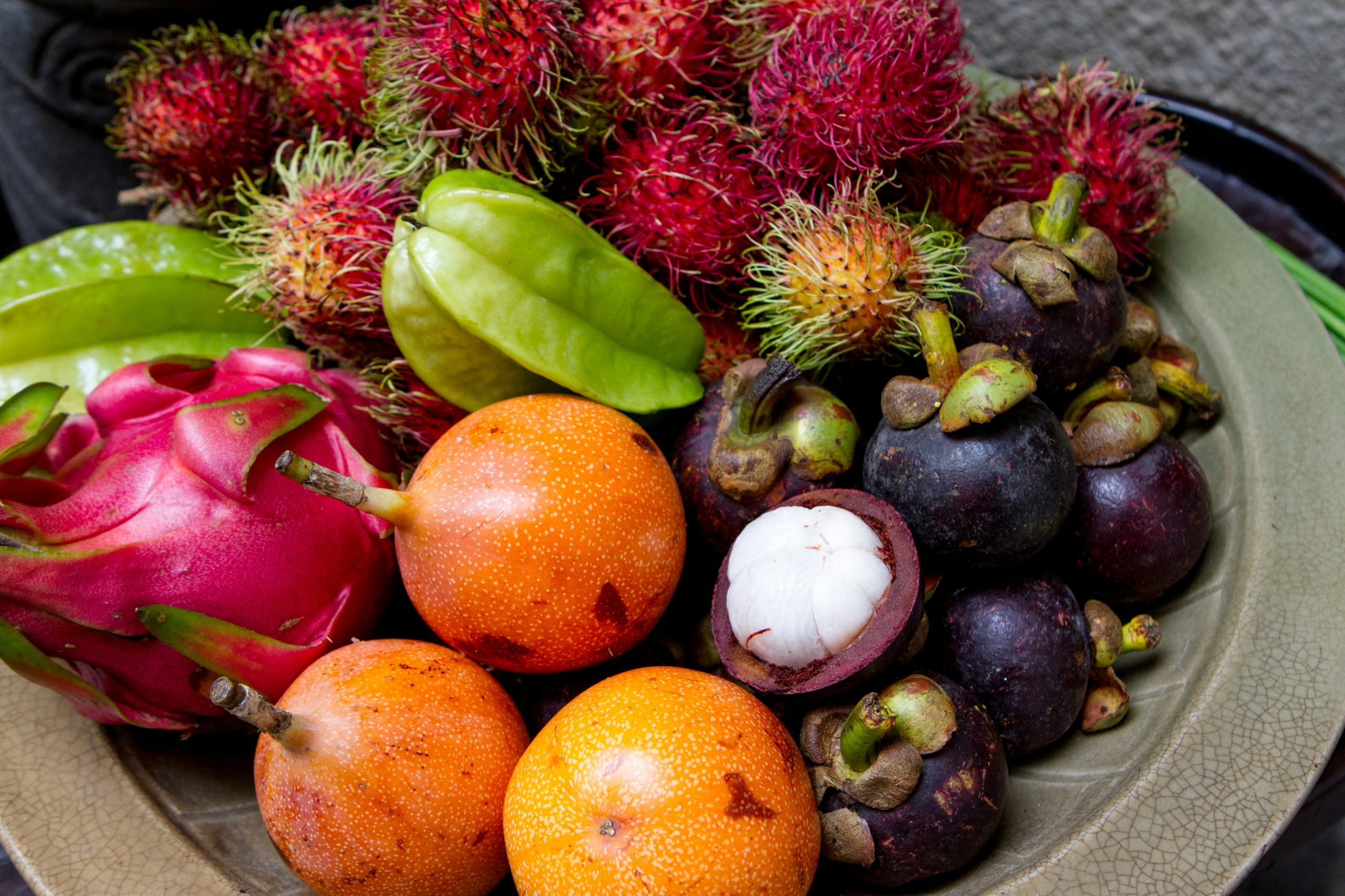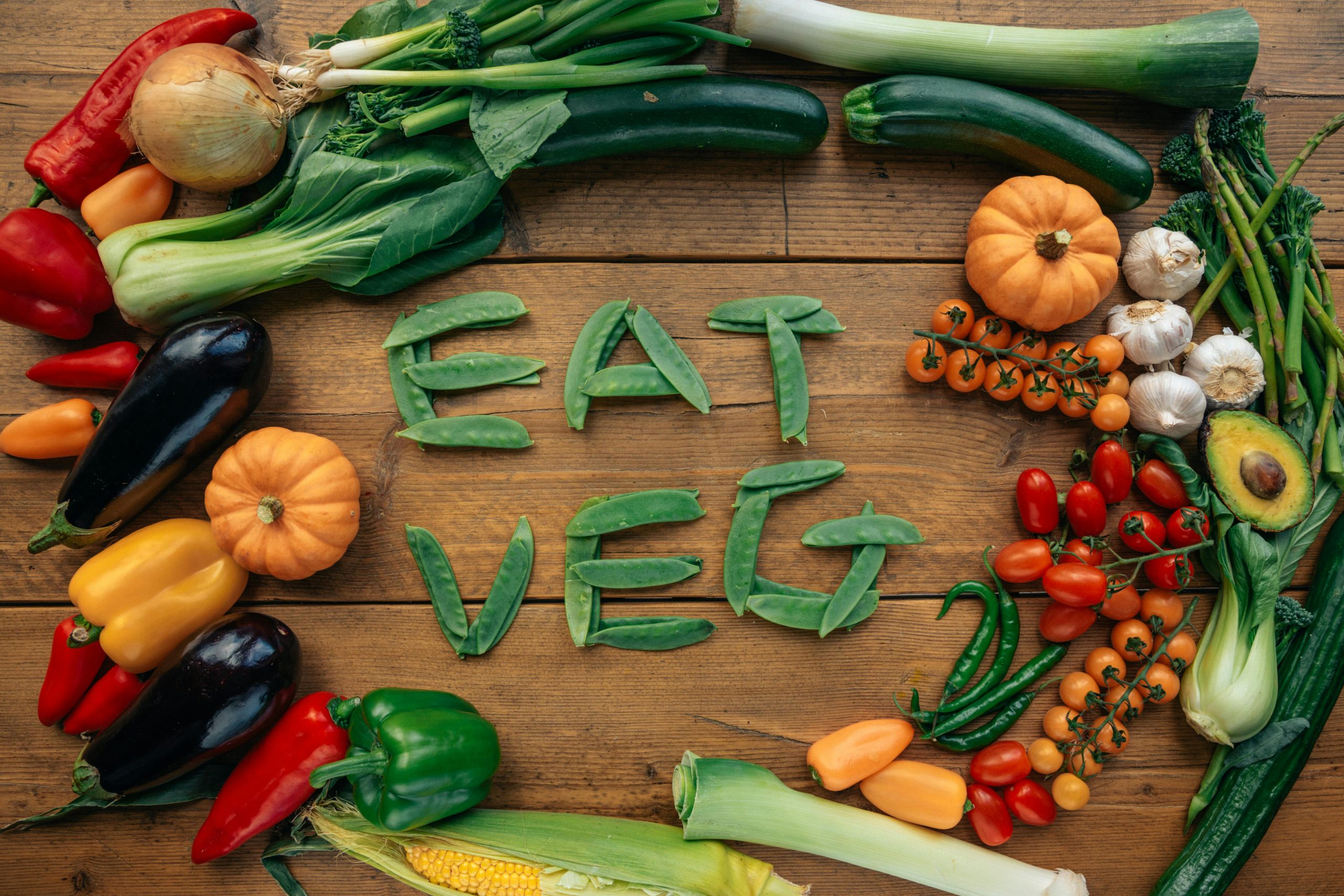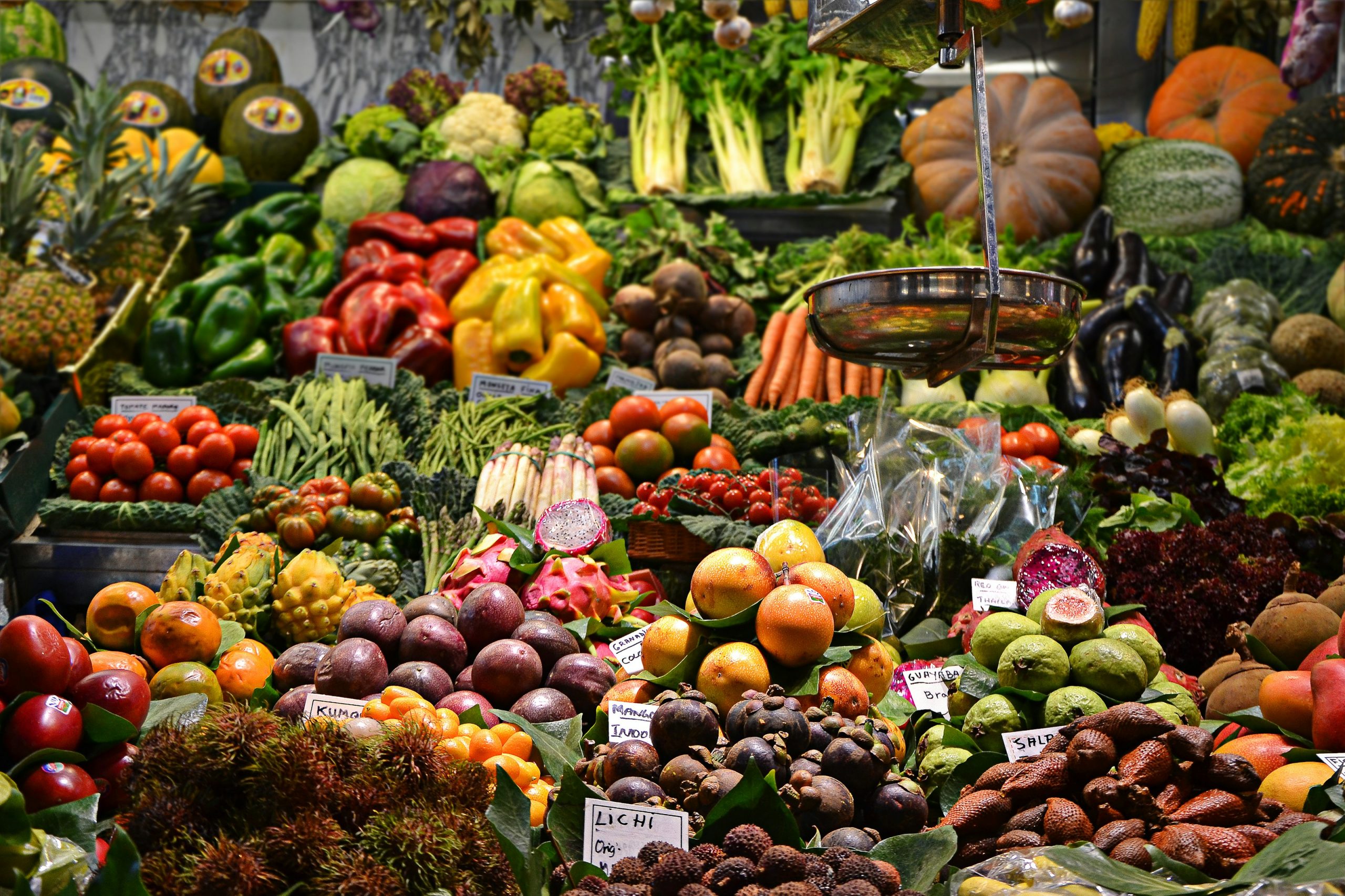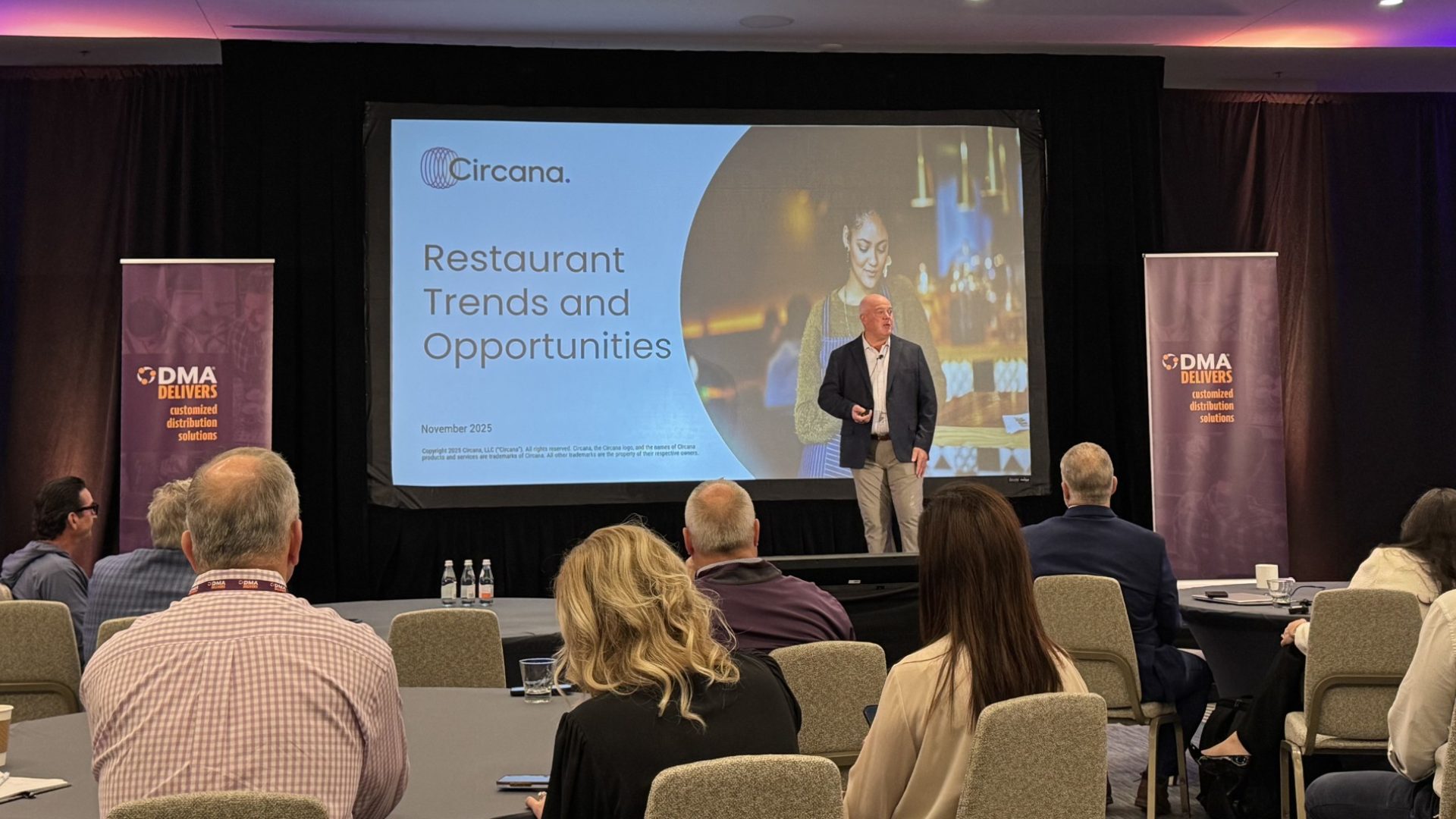Dr. Praeger’s is enjoying double-digit growth across several product categories, including veggie-forward burgers and those that mimic traditional meat.
This month, the company also expanded distribution at select U.S. retailers and launched several new products including BBQ Black Bean & Sweet Potato Slider Patties.
What’s the secret behind their success? The answer is surprisingly simple.
“The majority of people in this country really struggle with eating enough vegetables. I think most people can relate to this,” said CEO Andy Reichgut. “Dr. Praeger’s mission is to pioneer new food to increase vegetable consumption…because we think there’s no better and a silver bullet to the health of the planet and to people.”
This premise appears to be paying off.
In the past six months, the company’s core veggie-forward burgers – including the California, Black Bean, Mushroom Risotto, and Super Greens – have seen over 16% sales growth in dollars versus year ago.
What’s more, dollar sales for the Perfect Burger, Dr. Praeger’s version of a plant-based meat mimic, have grown almost by 20% during the same period while sales in the broader alt-meat category continue to decline.
The price for these products — between $5 and $6 — has also remained relatively flat with no increases in 2023.
Reichgut attributes the growth of the meat mimic to the same simple premise.
“We’ve infused vegetables into our [Perfect Burger] and we use peas to generate the high protein,” he told FI. “It’s got butternut squash and carrots and sweet potato in this burger that tastes like a hamburger. That’s our point of view on how meat mimics should be done.”
Taking Texture to the Next Level
Perhaps it’s not surprising that Dr. Praeger’s veg-forward products are faring so well. The company has been around for over 30 years, so it already had a strong base of loyal shoppers moving into the pandemic period, when consumers increased their focus on nutrition.
The company also has its own manufacturing facility, which has enabled it to balance broader inflationary challenges with productivity initiatives to ultimately pass less price increases along to the consumer.
But today’s broad swath of veggie-seeking consumers don’t just want quality – they want eating experiences, and for many, classic veggie burgers simply don’t cut it.
“The number one dissatisfier when people would buy a true veggie burger was ‘I liked the way it tastes, it’s super healthy, and it’s really convenient. But when I put in that bun and I bite into it, it’s got the same texture as the bun and everything else.’ It’s just not satisfying from a texture standpoint,” said Reichgut.
In response to this consumer feedback, Dr. Praeger’s launched two varieties of the Crunchy Burger in September 2023: Cauliflower and Southwestern Sweet Potato.
Built on original veggie burger recipes, these new burger innovations leverage the popularity of air fryers with the addition of a rice-based gluten free breading.
“If you stick one of these in an air fryer, it’s like having a crunchy chicken sandwich, but inside it’s southwest sweet potato or cauliflower,” said Reichgut. “It is so unbelievably simple.”
One of the first retailers to stock the Crunchy Burgers noted they are performing at about 85% of the velocity of best-selling items that have been around since the company was founded. By July, Crunchy Burgers are expected to have the same all-commodity volume (ACV) as the California Burger.
“I have worked on very few things that have been this disruptive to a segment of a category my entire career,” said Reichgut.
Improved Texture Unlocks New Consumer Groups
In general, Dr. Praeger’s buyers span across consumer groups, but over-index with millennial parents who are actively looking to make their diets healthier and are more likely to prioritize natural, simple ingredients.
But the Crunchy Burgers are drawing new consumer groups to Dr. Praeger’s camp — people who want to eat more vegetables but aren’t willing to eat a California or Black Bean burger.
“We know that 45% of our new Crunchy Burger purchases are incremental to the category, driven by [a] younger consumer cohort,” said Reichgut, adding that this is a testament to how tasty products made with non-GMO vegetables can drive real growth.
Keeping the focus simple (eat more veggies) also transcends dietary preferences while promoting variety and inclusion, both of which are important to younger consumers.
Many shoppers who buy Dr. Praeger’s products identify as flexitarians, vegetarians, and vegans. The drive to eat more veggies goes beyond these labels, however, to include consumers who are trying to reduce meat and dairy consumption or are simply curious about how to have a healthier diet.
As for “plant-based,” Reichgut believes it’s a tough word now. “A lot of people go to a Beyond or an Impossible when you talk about plant-based, while other people are saying that this is about food that’s not made with dairy or meat.”
“Nutrition-Curious,” he concluded. “That’s our target consumer.”
The Food Institute Podcast’s “Foodservice Gamechangers” Series
Get to know the men and women behind the scenes of foodservice distribution in a new, limited series from The Food Institute Podcast called “Foodservice Gamechangers.” Recently, Pat Mulhern, advisor to The Food Institute, sat down for brief conversations with seven of the most influential foodservice merchandising and distribution leaders. Highlighting their food career journeys and management styles, the conversations feature insightful thoughts on what may lie ahead for manufacturers, distributors, and operators in foodservice.


